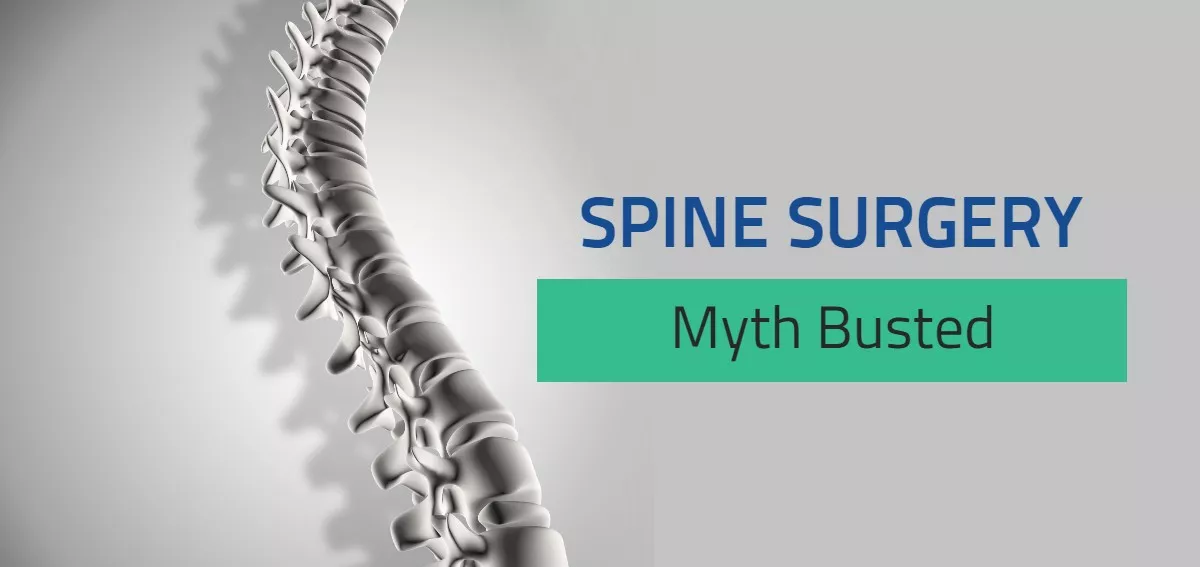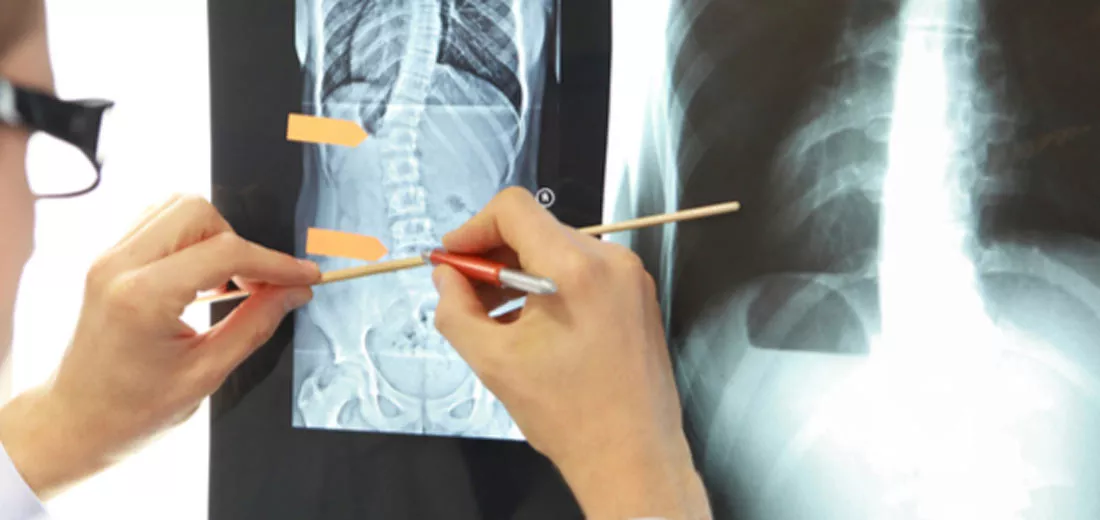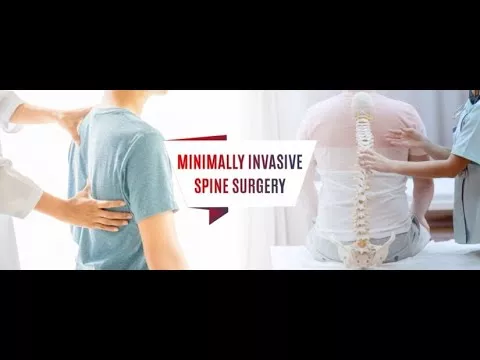Following are the list of 5 Myths busted about spine surgery
Myth #1 : Most spine problems will subsequently end up in surgery
In fact the majority of spinal problems do not need surgery. Approximately, only 2-3% patients with back pain or neck pain will ever need surgery. Less than 5% of patients with lumbar disc or slipped disc prolapse will need surgery. Surgery is advised only in cases where medications and physiotherapy has not been successful in reducing the pain or there is progressive weakness or numbness suggesting significant nerve injury directly as a result of the spinal condition. Also, once a spinal condition is diagnosed, chances of progression and worsening can be prevented by physical therapy and preventive lifestyle and postural modifications. For those seeking specialized treatment, Spine Care Hospital in Hebbal Bangalore offers comprehensive diagnostic and non-surgical management options to help patients recover effectively.
Myth #2 : There is a high risk of neurological injury (nerve damage) during spine surgery
Spine surgery always carries the risk of nerve damage. However the risk is very small. In most surgeries on the lower back, there is less than 1% risk of nerve damage. The percentage may be slightly higher (2-5%) in surgeries of the mid back and of the neck. Moreover, these risks are in very complex cases. In the majority of routine cases, there is hardly any risk of nerve damage due to the surgery. Moreover, Intraoperative Neuromonitoring (IONM) is a tool, which helps surgeons to monitor the function of the nerves and spinal cord during the surgery and identify and warn the surgeon of any inadvertent damage to the nerves, which may not be evident otherwise. This helps in confirming nerve function preservation throughout the surgery. Presence of IONM significantly increases surgical safety and helps preserve neurological function.
Myth #3: Often inaccurate/misplaced screw/ implants
It is not uncommon that implants (screws/ rods/ plates/ cages) may have to be used during spine surgeries. There are several instances when these screws may not be in the correct position, which can result in nerve irritation, compression or damage. Also, an incorrectly placed screw is not as strong as a correctly placed one. Though such screw misplacement is uncommon, there is a high risk in complex cases or in presence of deformity. Intraoperative 3d imaging systems (eg. O-arm) coupled with Intraoperative navigation provides the surgeon with an accurate 3d reconstructed patient anatomy during the surgery and also guides the surgeon about the accurate placement of screws and implants. It has been proven beyond doubt that presence of Spinal navigation and O-arm significantly improves the accuracy of surgical procedures in general and screw placement, in particular.
Myth #4 : Extensive surgeries – takes time to recover with prolonged bed rest
“How long will I have to be in bed after the surgery?” is an all time fav question asked by patients undergoing spinal surgeries. Much of the fear of prolonged bed rest and inactivity after spinal surgeries stems from older experiences and extensive conventional/ open surgeries. With the advent of minimally invasive and endoscopic spine surgeries, where the muscle damage and blood loss is lesser than conventional / open surgery, it is possible for patients to be up and about on the same day after surgery. Also, Minimally invasive spinal surgeries aid in faster recovery, lesser post-operative pain and faster return to work/ normal activity as compared to conventional/ open surgeries; at the same time, maintaining similar clinical results. More than 80% of the spine surgeries; sometimes even the complex ones can be treated by minimally invasive techniques. Consulting experienced Spine Surgeons in Hebbal Bangalore can help patients understand these modern surgical options and ensure a faster, safer recovery.
Myth #5 : Spine surgery has poor outcomes
This myth should be busted already by now. With the availability of advanced technologies (Intraoperative 3D imaging, Intraoperative Navigation, Intraoperative Neuromonitoring) and newer techniques (Minimally invasive spine surgery, Endoscopic spine surgery), spine surgery is rendered simple, safe, accurate and effective. Presence of all of these modalities helps a surgeon in delivering good results and excellent outcomes in even the complex of spinal conditions.
Now that all the myths are busted & if you are still suffering from back pain, you can book an appointment with one of the best spine surgeon in Hebbal, Bangalore for proper guidance & treatment









